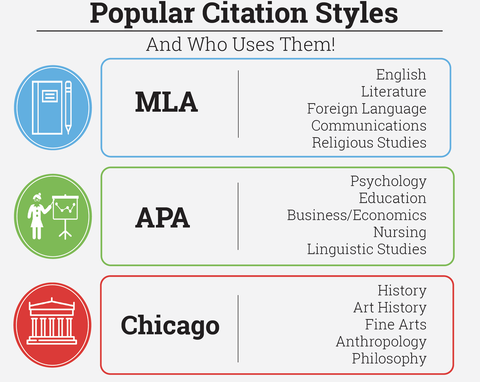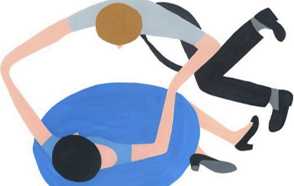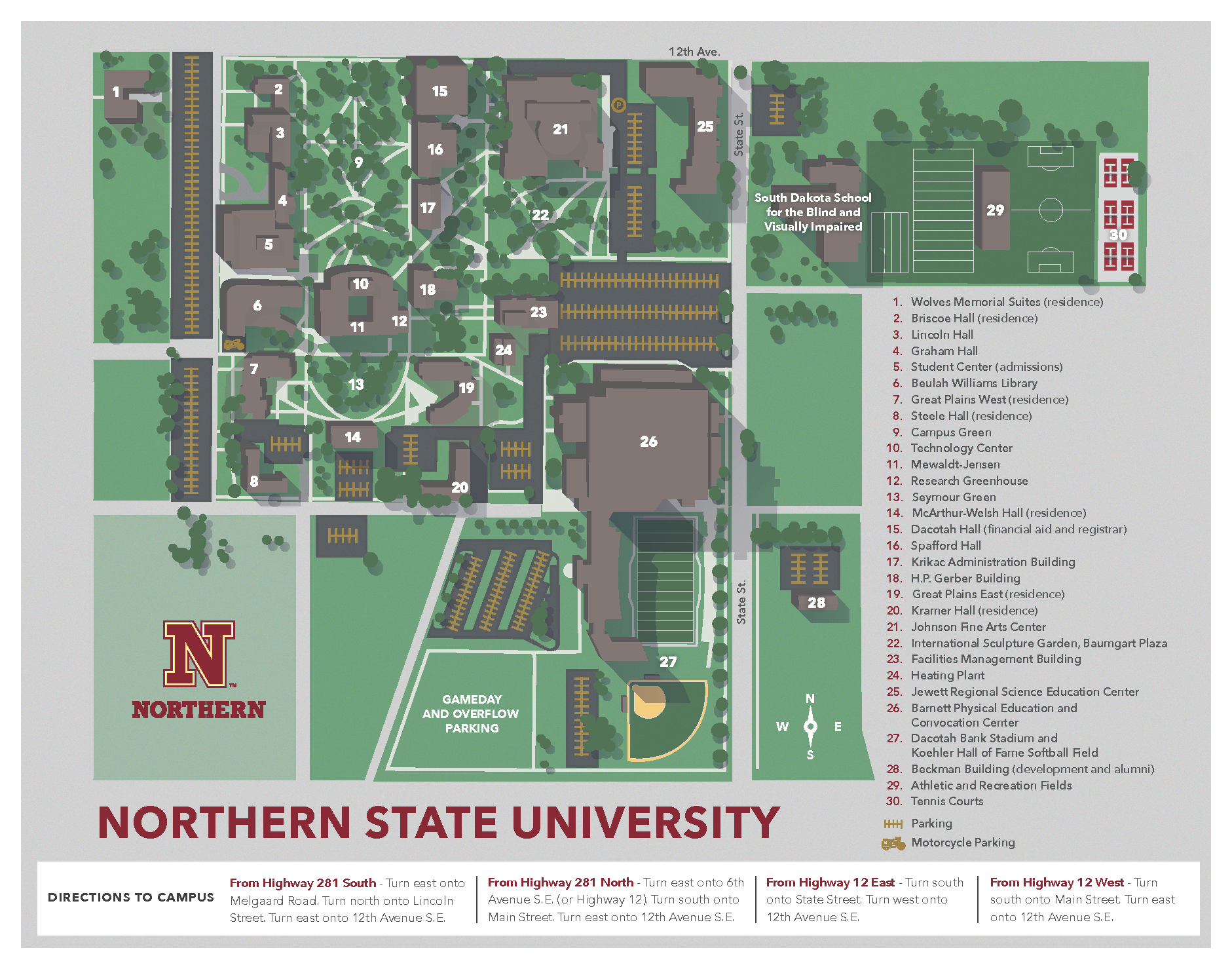For Thursday, February 16, please read Chapter VII of the Rampolla
"Pocket
Guide to Writing History" (pp. 111-154). This is a long chapter, and I
don't need you to read the whole thing right now. You WILL be using
this a reference for the rest of the semester.
For now, just
add to your comments one thing Rampolla says in this chapter that you
didn't know before and one thing you already knew but think is
particularly important.
Note that the format you will be learning
from Rampolla is from the "Chicago Manual of Style." This is almost
identical to what's called "Turabian," the style I used during my own
university days. Both are close to MLA, another style frequently used
in the humanities.
When you end up writing your chapter, it
would be best if we could standardize with all students using the
Chicago Manual of Style. If you use Turabian or MLA, though, I probably
won't notice the difference.
What I *will* notice (and won't
accept) is APA citation style. If you've done most of your papers in
psychology or sociology, that's probably the format you are used to, and
you will need to read the Rampolla chapter a bit more carefully.











